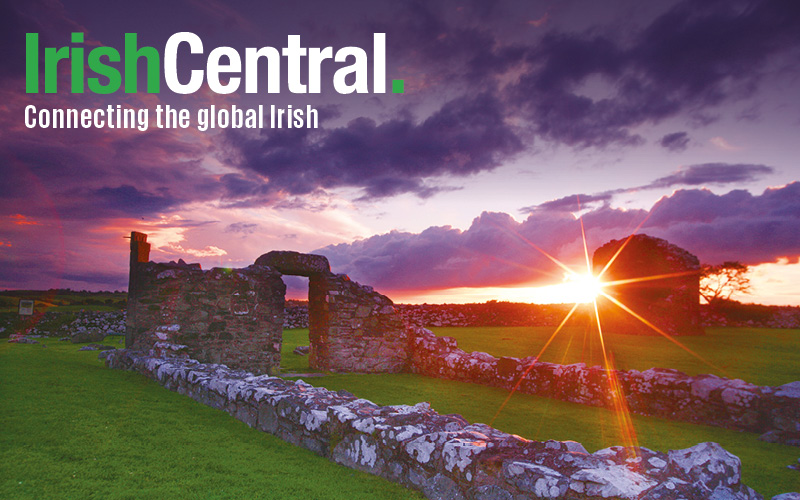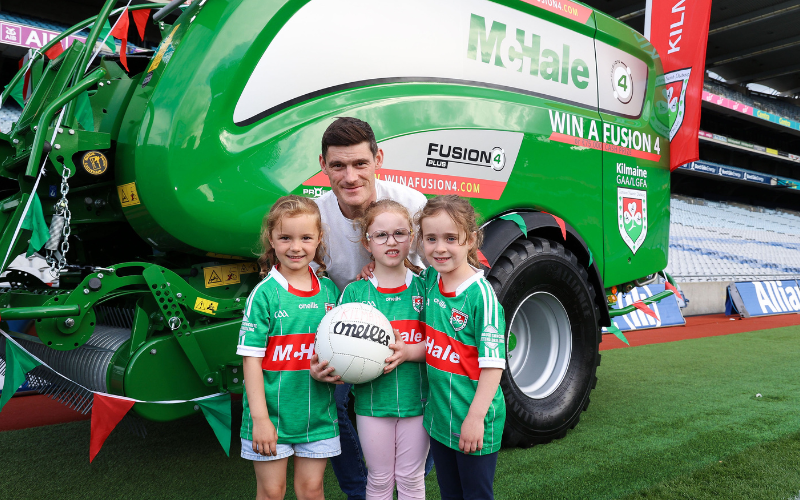Among the more than half-million spectators lining the New York City St. Patrick’s parade route on Fifth Avenue were a few dozen protestors organized by the group Irish Queers to demonstrate against the exclusion of gay banners from the march.
Holding signs with phrases like “exclusion gives the Irish a black eye” and “bigotry shouldn’t be paraded,” Irish Queers and its supporters, stationed at West 56th Street, attracted significant media attention and even shows of support from some of the marching groups. The protestors aimed much of their ire at marchers from the NYPD, chanting “cops out, queers in” as the police participants moved past.
Organizers provided a print-out to media members which expressed approval for sponsors Guinness and Heineken dropping support of the parade because of the gay issue, and criticized others for not following the lead.
“When sponsors finally stop paying for religious right homophobia, the parade can go back to being Irish and including the rich diversity of the Irish American community,” the statement added.
Protestors this year received a boost when New York City Mayor Bill de Blasio said he would boycott the parade, marking the first time since 1993 that a mayor didn’t take part in the parade because of the gay banner issue. City Council Speaker Melissa Mark-Viverito followed de Blasio’s lead, and also banned a formal Council presence in the march.
NYPD commissioner Bill Bratton took part in the parade with his wife Rikki Klieman, and he was singled out by Irish Queers for harsh criticism. The group also threatened a lawsuit if the NYPD continued to march in the event.
“We may have a new mayor who’s interested in reform, but his police commissioner is bringing ugly back,” the statement said. “It would sad and embarrassing if the LGBT community had to sue the city to uphold its own anti-discrimination law, but we will if we have to.”
Spectators lining Fifth Avenue had divergent opinions about Irish gay groups taking part. “This is an Irish Catholic parade that honors St. Patrick, and not someone’s sexuality. If they want to march let them march behind any of the banners going by. Who cares if you’re gay or straight?” Frances Healy, from Albany, New York, told the Irish Voice.
The controversy has made national news, many out of towners speaking to the Irish Voice said. Parade-goer Daniel Eric Mann, an actor, comedian and “juggling taximan” from Las Vegas, came to New York with his brother and a friend just for the march. He feels everyone should have the right to celebrate their Irishness.
“I think gay groups should march. Why not? Let everyone have a good time. It’s no big deal to me,” Mann said while cheering the participants from his spot at West 53rd Street.
Taoiseach (Prime Minister) Enda Kenny marched alongside the New York GAA contingent in honor of the association’s 100th anniversary. Kenny held firm in his decision to take part in the event despite mounting pressure that increased with the sudden withdrawals of Heineken and Guinness.
“Many of those people in the parade today are also members of the gay community and they are marching proudly in the St. Patrick’s Day parade,” Kenny told the press.
J.F. Mulligan, a long-time member of Irish Queers, said he won’t stop protesting until he can proudly proclaim both his Irishness and his sexuality with a parade banner.
“There are hundreds of banners in this parade. The organizers have plenty of room for one more,” Mulligan, a social worker who lives in Manhattan, told the Irish Voice.
Born in the U.S. to a mother from Co. Tyrone and a father from Co. Dublin, Mulligan spent part of his youth in Tyrone, and the vast majority of his relatives still live there.
“All we’re asking is to be able to march with pride, just like everyone else,” Mulligan said. “Why shouldn’t we have the right to say that we’re proud to be Irish American and gay? We don’t need rainbows, and we don’t need big signs. We’d be just like everybody else in the march.”
Mulligan has been protesting gay banner exclusion in the parade since 2000. He feels that gay rights have taken a big leap since then, and is hopeful that a gay Irish group will soon get the green light to march in the parade.
“There’s definitely a shift,” Mulligan said. “We see sponsors withdrawing here and in Boston. So there’s hope.”
Mulligan also noted the presence of the Police Service of Northern Ireland (PSNI) in the parade for the first time this year, at the urging of the Irish government.
“That shows that the Irish Consulate in New York has power and can help to get this issue resolved,” Mulligan added.
Irish American New Yorker Shane McEvoy also joined the protestors. Up until two years ago he used to march in the parade with his parents.
“But I just can’t do it anymore,” McEvoy said. “Enough is enough with exclusion.”




Comments